My application has entities with nameEn and nameDe for english and german. But only english being used now. Since there are so many entities available, I wanted to have a generic class which can return the selected language entries,but for multiple entries my approach didn't work.
@Entity
@Table(name="employee")
public class Employee implements java.io.Serializable {
// Fields
private Integer id;
private String nameEn;
private String nameDe;
//Getter, Setter Methods
}
@Entity
@Table(name="address")
public class Address implements
java.io.Serializable {
private String descriptionEn;
private String descriptionDe;
}
public interface ILabelText {
String getNameEn();
String getNameDe();
String getDescriptionEn();
String getDescriptionDe();
}
public abstract class LabelText implements ILabelText, Serializable {
private static final long serialVersionUID = 1L;
protected String descriptionEn;
protected String descriptionDe;
private Logger log = Logger.getLogger(LabelText.class);
String language = FacesContext.getCurrentInstance().getViewRoot().getLocale().getLanguage();
public String getDescription() {
log.info("Language Selected is " + language);
if (language.equals("De")) {
return getDescriptionDe();
} else {
return getDescriptionEn();
}
}
public String getName() {
log.info("Language Selected is " + language);
if (language.equals("De")) {
return getNameDe();
} else {
return getNameEn();
}
}
}
//In Xhtml, based on selected locale, display value accordingly
<h:outputText value="#{emp.getName()}" />
<h:outputText value="#{add.getDescription()}" />
